
Energy Levels… Get Ready For Surprises
Let’s be honest: most of us have had days where we just… drag. Coffee isn’t working, you’re yawning at your desk, and your brain is playing that “what’s for dinner?” soundtrack on repeat at 11 a.m. Maybe you’ve wondered, “What happens to your body when you start taking vitamins? Does it really help?”
If we were having coffee together right now, this is where I’d whisper, “I started because my energy kept crashing by 3 p.m., and, look, I was skeptical too. But a few weeks in, things felt a bit easier. The change wasn’t overnight—more like when winter turns into spring and you don’t notice until suddenly you do.”
Turns out, certain vitamins are kind of like your body’s pit crew. B vitamins (there’s a bunch—B6, B12, niacin, thiamine…) help convert food into real-deal energy. When you’re low in these, you feel sluggish. Add them back in (ideally through a good diet, but, yeah, sometimes as supplements), and your “get up and go” comes back a bit. Not like a double espresso, but less of that stuck-in-neutral feeling research on energy effects.
Story Moment: When Vitamins Made My Mornings Less Grumpy
If we’re getting real—those first ten days, not much. Then, suddenly, I realized my mornings weren’t a fog. Could it all be placebo? Maybe. But, hey, I’ll take whatever helps me keep up with my (very energetic) dog. If you’ve felt that shift, I want to hear about it!
Energy Table: Foods vs. Supplements
| Energy Vitamin | Best Food Source | Supplement Source |
|---|---|---|
| B12 | Eggs, Fish | Multivitamin, B12 tab |
| Vitamin C | Oranges, Peppers | Multivitamin, C tab |
| Iron | Spinach, Beef | Iron tab, Multi with iron |
Immunity: Fewer Sick Days (At Least Sometimes!)
Let’s talk about the real “glow-up.” What happens to your body when you start taking vitamins isn’t a lightning bolt, but you might notice fewer of those sniffly, run-down days. Vitamins like C, D, and zinc have been shown to support immune function. They’re like your body’s secret service, helping keep your internal “security” sharp evidence on vitamin support.
Honestly, before I started, I was that person—the one who got every cold within a 50-mile radius. After a month of regular multi’s and upping my vitamin C game? Two colds less than my partner that winter. Coincidence? Maybe. Enough to keep me popping them? Absolutely.
Why Vitamins Matter For Your Immune Firewalls
Vitamin C is an antioxidant… which basically means it helps mop up some of the mess our everyday living creates (hello, stress). Zinc and D? They work behind the scenes, helping immune cells do their thing. According to research on vitamins and immunity, vitamin C and zinc especially can reduce the severity and duration of colds. Of course, they aren’t magic shields. But, they’re a smart step if your diet isn’t perfect—and really, whose is?
Should You Take a Multivitamin Every Day?
This is one of those questions that gets tossed around a lot. Honestly, if your diet is stellar, maybe not. But for busy humans, or those with certain health needs or dietary gaps, taking a multivitamin every day can be a practical backup plan for weak spots. Curious about the details? Here’s an honest take on is it good to take a multivitamin everyday.
Skin, Sleep, And That Subtle Glow
This is the one people quietly hope for—noticeable skin upgrades. So…what happens to your body when you start taking vitamins? Sometimes, it shows up on your face. Vitamins E and C both help manage oxidative stress (that stuff that speeds up aging), and vitamin A promotes fresh, happy skin cells simple vitamin roles.
It’s not magic, but you may notice less dryness or maybe even fewer breakouts if deficits were the culprit. For me, my nails stopped splitting and my skin didn’t look as tired. For you, it could mean less “my skin looks blah” mornings. Sometimes it’s subtle—like when an old friend says, “You look rested!” and you just shrug like, “Maybe the vitamins?”
Little Story: The Nail Win
I started taking a basic multivitamin, mostly for energy. But by month two, my nails joked that I’d had a secret manicure. Suddenly, no more peeling. It felt like a tiny, silent win—those little details vitamins can bring if your body’s been quietly starved for some nutrient.
What’s The Catch? It’s Not Always Instant (Or Necessary)
Here’s a curveball: for some, adding vitamins won’t do much. Why? If you’re already eating a rainbow of whole foods—veggies, fruits, beans, nuts, whole grains—your “tanks” might be full. Extra vitamins won’t act like turbo boosters if you don’t need them. Trust me, I’ve wasted plenty on gummy multis before focusing on food.
On the flip side, if you’re in a life stage or situation where absorption drops (think: pregnancy, aging, digestive issues), supplements are a sensible bridge. According to Harvard’s take on multivitamins, there’s not much strong evidence for big dramatic benefits (like disease prevention) for most healthy adults, but there’s value in topping off your tank if you’re running low. That’s why so many doctors recommend them for specific groups.
What About Downsides? (The Real Talk)
We’ve all heard stories—someone takes a supplement, and their stomach acts up, or things get… weird. (Hi, neon yellow pee! That’s usually B2 from multis, by the way—harmless, just odd.) Sometimes, taking too much of a single vitamin can mess up the body’s balance. Ever tried to “out-supplement” a sleep-deprived week? Yeah, didn’t really work for me either.
It’s worth chatting with your doctor if you’re on medication, have chronic health conditions, or are pregnant. Some vitamins interact with meds or affect absorption. But if you’re healthy and curious, a basic multivitamin is usually a low-risk experiment.
The Science… But Make It Simple
What happens to your body when you start taking vitamins, from a science lens? Let’s keep it non-boring:
- Energy Creation: B group vitamins turn your breakfast into actual fuel.
- Cell Repair: A, C, and E hunt down and fix cellular wear and tear—the stuff that shows up as dull skin or feeling “off.”
- Immune Coaching: C, D and zinc help your immune system recalibrate, so it can respond to bugs faster and maybe keep you healthier more often. Fun fact: deficiency in vitamin D is common, and fixable with a supplement.
- Bones & Muscles: Vitamin D and calcium help keep bones strong—especially if you’re older, not big into dairy, or don’t get much sun.
- Brain Support: B12 and folic acid support nerve health and brain function—especially important as we… not to be rude… get older.
If you like reading science, check out systematic reviews on vitamin roles.
Comparison Table: Who Benefits Most?
| Group | Who Might Need Extra? | What To Check? |
|---|---|---|
| Vegetarians | B12, Iron, Zinc | B12 blood levels, iron stores |
| Older Adults | B12, D, Calcium | Bone density, nerve health |
| Picky Eaters | Multi, C, D | Diverse diet check-in |
| Pregnant | Folate, Iron, D | Prenatal panel |
Whole Foods First… But Supplements Can Fill Gaps
I know, I know. Every health nut online says the same thing: “Just eat whole foods!” And, yeah, they’re not wrong. If your plate is stacked with colors—leafy greens, oranges, salmon, beans, nuts—you’re probably covering most bases. But life isn’t always a perfect meal prep video. Busy day, kids won’t touch veggies, money’s tight… sometimes, supplements help you cover your bases.
The sweet spot? Use vitamins as a safety net, not a magic wand. Find your gaps, fill them in thoughtfully, and don’t stress the rest. That’s the approach that’s kept me (mostly) on track, even through late nights or travel weeks.
If you want a deeper dive on what a steady vitamin routine actually does for daily well-being, here are some real Benefits of taking vitamins everyday.
How Long Until You Notice A Difference?
This is a question everyone asks—me included. How soon do you “feel” something? If you are truly low in a vitamin, sometimes it’s within days or weeks (like with iron or B12). Other times, changes are quieter: better sleep, fewer sick days, or that slow-burn skin glow.
Want one person’s timeline? My energy bump came after about ten days. Mood improvements (I’m convinced B6 helped my blah days) hit at two weeks. Skin and nails maybe a full month. And when I stopped taking them on vacation? Three weeks in, I was feeling a little more ugh. Take notes for yourself—it keeps it real.
The Not-So-Obvious: Mental Health, Hormones…
You know the vitamin wins people don’t talk about enough? Sometimes mood, stress, or hormones shift too. Certain B vitamins, vitamin D, and magnesium all play quiet but crucial roles in balancing neurotransmitters and hormones in ways that can affect everything from PMS to grumpy moods. Obviously, don’t quit therapy for vitamins, but sometimes they’re a nonscary place to start if your emotions feel weirdly off for no big life reason. You wouldn’t be the first to see some gentle improvements.
Practical Tips: How To Start (And What NOT To Expect)
Want to get going? Here’s how I’d suggest you start based on experience—not theory:
- Pick one: don’t buy a million bottles. Start with a multivitamin if you’re not sure. Read labels. Stick with basics, not megadoses.
- Take with food: less chance of stomach drama, better absorption.
- Don’t expect miracles. Improvement is often subtle—tracking mood/energy for a few weeks can help.
- If you’re on meds or managing a health condition, check with your doc first. Vitamins interact with stuff, especially in big doses.
- Curious about the topic? Find out from real stories—here’s a thoughtful look at is it good to take a multivitamin everyday to help you decide.
What Happens To Your Body When You Start Taking Vitamins? (The Unscripted Ending)
If you’re still wondering what happens to your body when you start taking vitamins… it’s not fireworks or instant superpowers, but it can be the sort of upgrade that matters if you’ve been running just a little bit empty. You may feel more pep, fewer colds, maybe a better mood or skin that’s less “meh.” Or… not much at all—if you were topped up already!
The biggest lesson? Use supplements to gently support, not replace, good habits. If you’re busy, picky, or in a weird life chapter (hello, new parents!), vitamins are like health training wheels. Start, observe, and adjust as you go—kind of like finding a fitness routine that fits your groove.
So, next time you pass that wall of vitamins at the store and wonder if it’s all hype: Maybe… or maybe it’s the nudge you need to fix a gap you didn’t know you had. Try it for a month and just see—note what changes (or doesn’t). And hey, if you notice something wild or wonderful, let me know. We’re all figuring this out together, one small change at a time.
What do you think? Would you try a vitamin routine, or have you had a story worth sharing? Whatever you do, trust yourself…and listen to your body. Here’s to feeling a bit more like you—one step (and maybe one tiny vitamin) at a time.

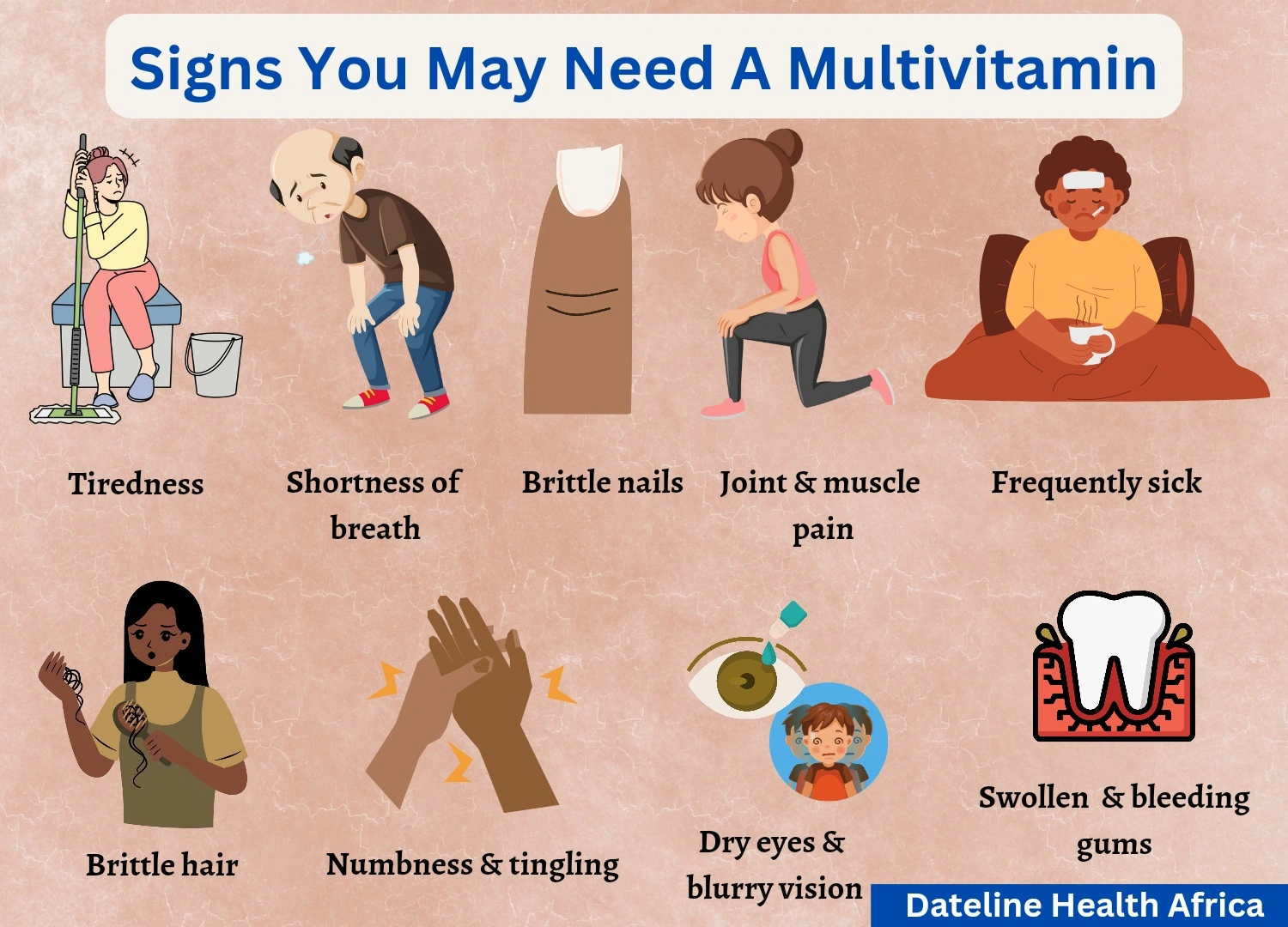
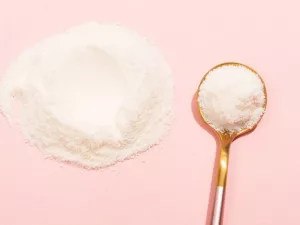
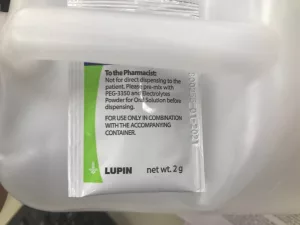
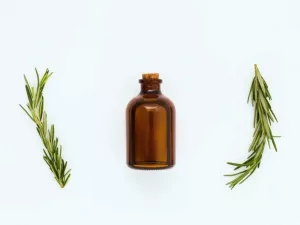



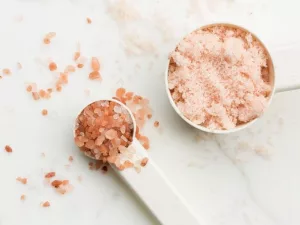










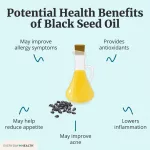




Leave a Reply
You must be logged in to post a comment.